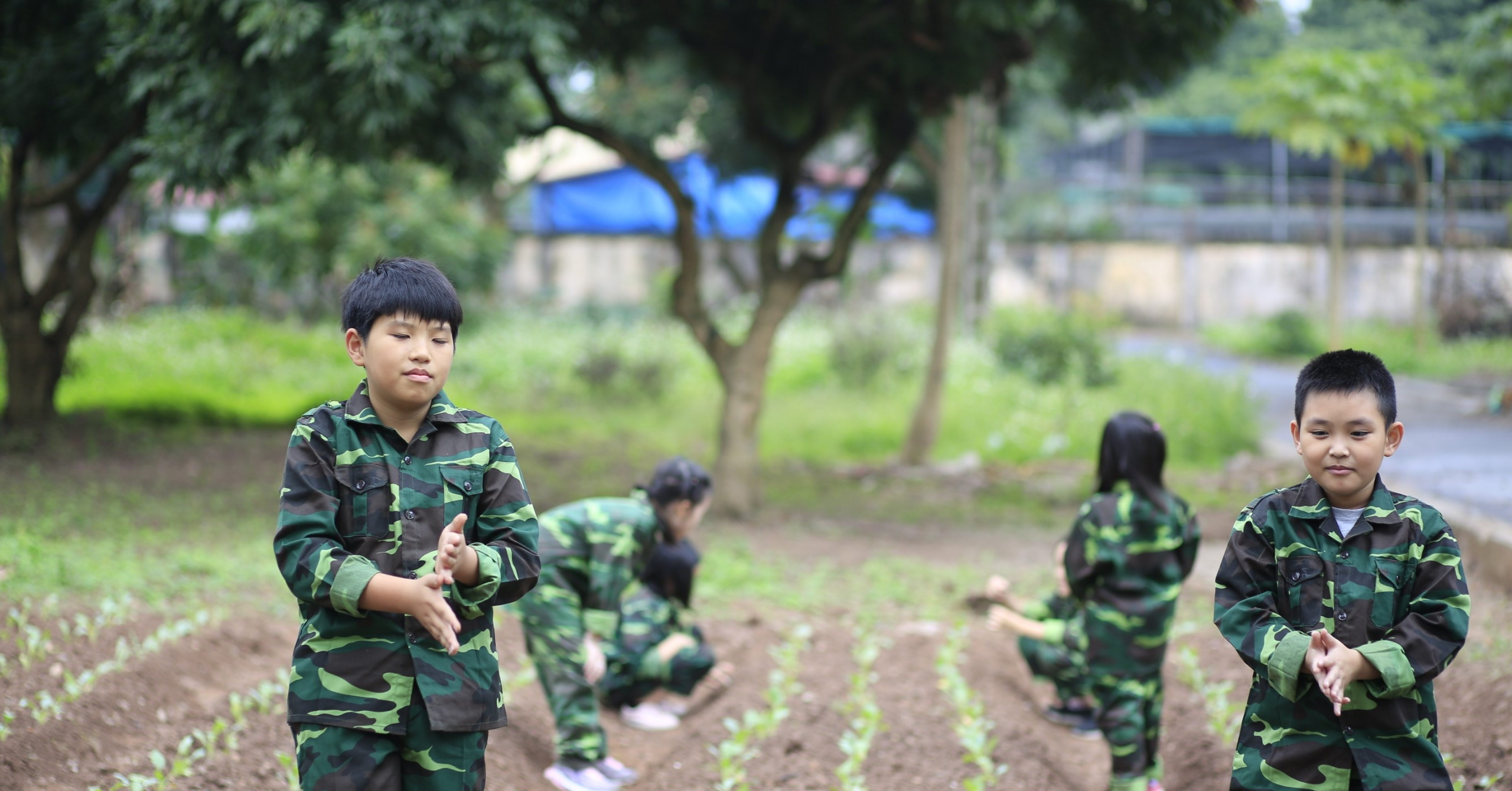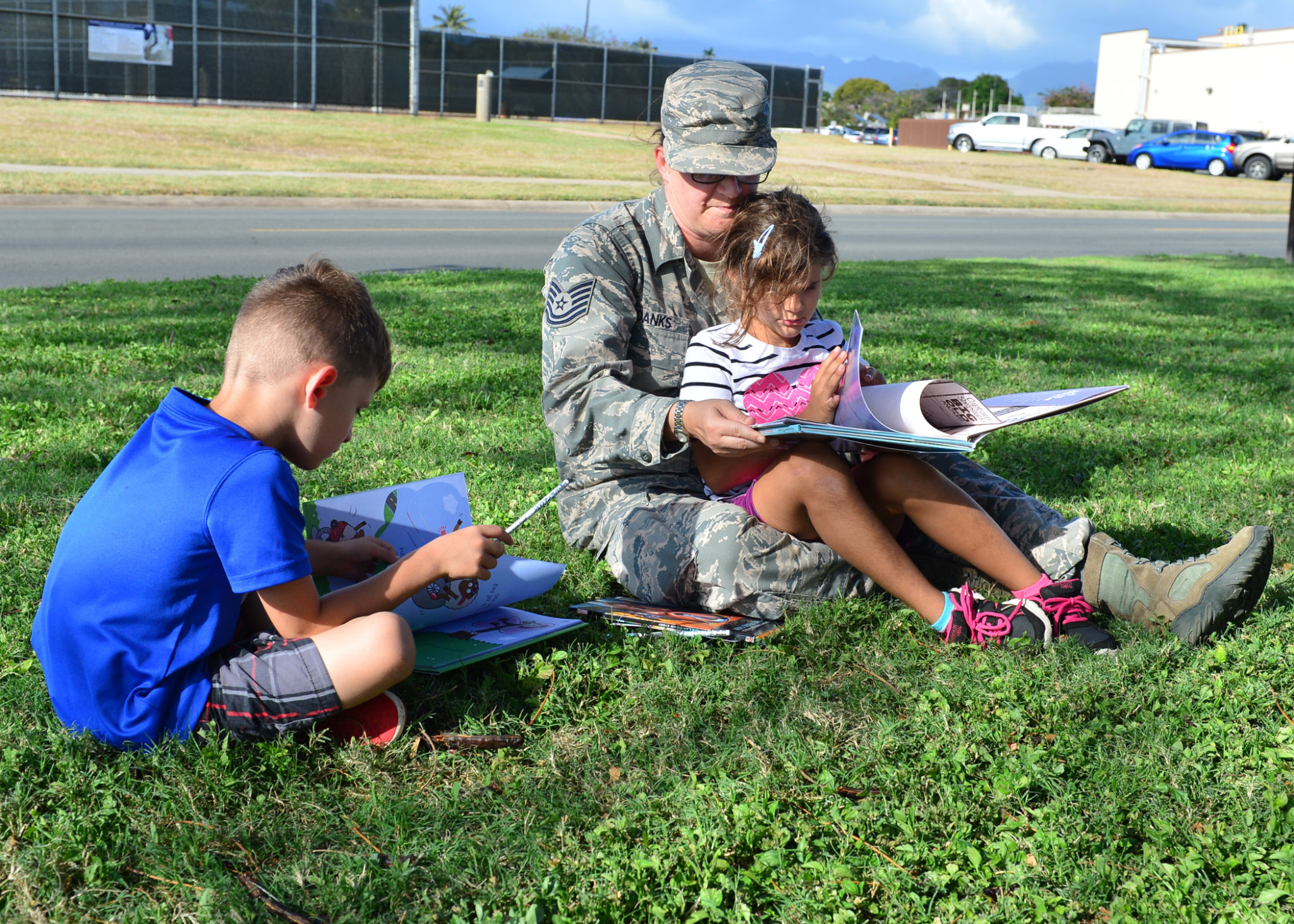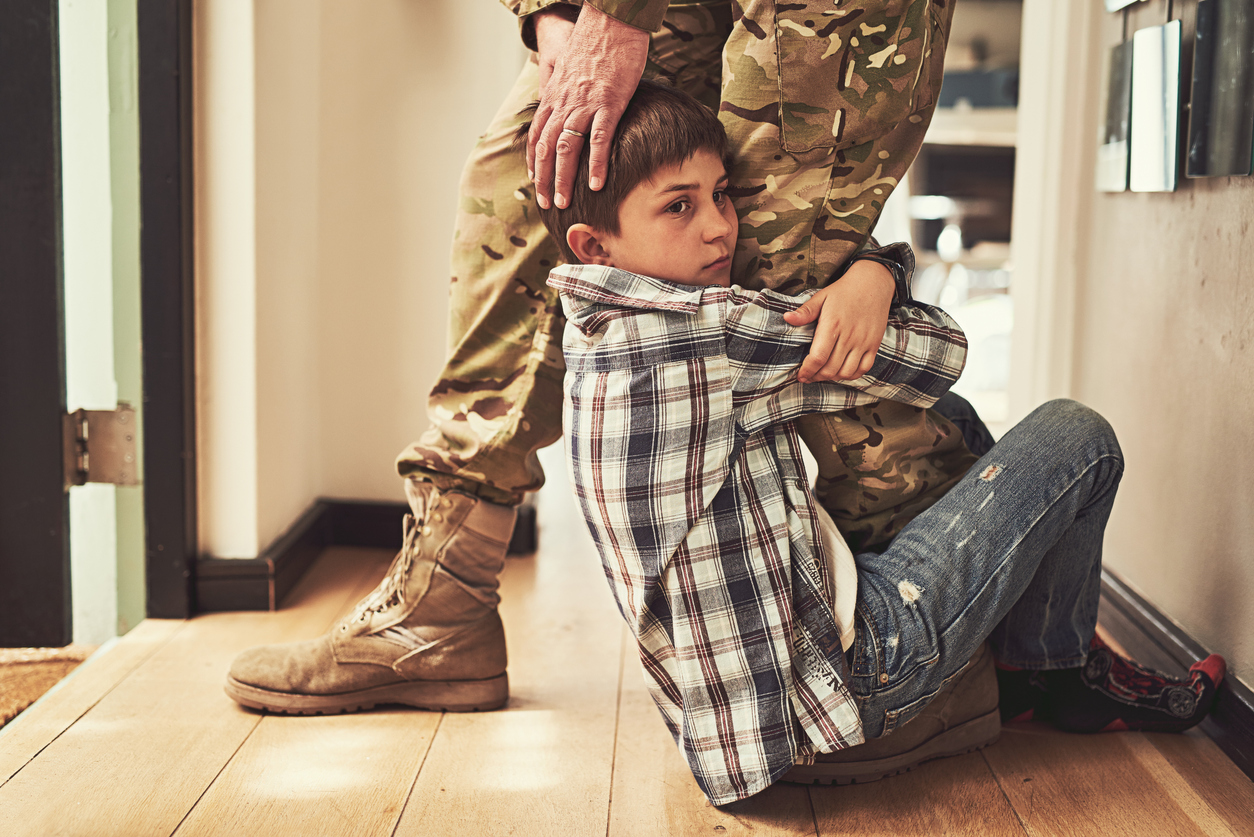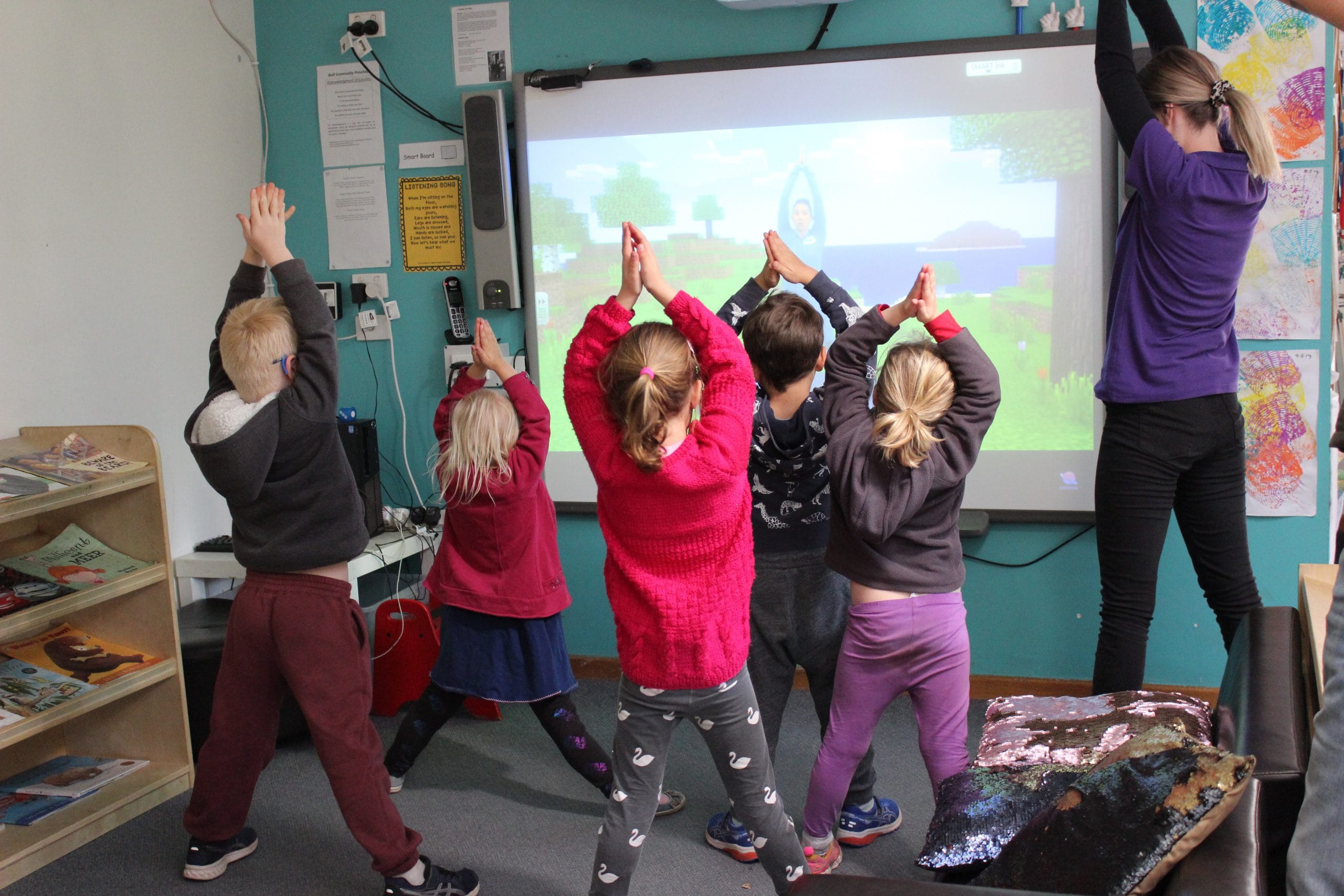10 Tips to Ease Military Childrens Separation Anxiety
Establish consistent daily routines, communicate openly with your child, provide reassurance and emotional support, use technology to stay connected, create special goodbye rituals, involve your child in preparations, seek community resources for support, maintain a positive attitude, and plan reunion celebrations. These tips can help ease military children’s separation anxiety during deployments or relocations. By implementing these strategies, you can support your child through these challenging times and strengthen your family bond.
Key Takeaways
- Establish consistent routines for structure and normalcy.
- Use effective communication strategies to build trust and understanding.
- Provide reassurance and emotional support through open conversations.
- Utilize technology to stay connected and nurture relationships.
- Create special goodbye rituals for comfort during separations.
Establish Consistent Routines

To help ease your military child’s separation anxiety, it’s essential to establish consistent routines that provide stability and predictability in their daily life. Daily schedules play an important role in offering structure and a sense of normalcy amidst the changes and uncertainties that come with military life. Make sure that mealtimes, playtime, study time, and other activities follow a consistent pattern. This predictability can be comforting for your child, helping them feel more secure and less anxious about the separation.
Bedtime routines are particularly significant in promoting a good night’s sleep, which is essential for your child’s overall well-being. Establish a calming bedtime routine that includes activities like reading a story, dimming the lights, or listening to soothing music. Consistency in bedtime rituals can signal to your child that it’s time to wind down and prepare for sleep, making the separation anxiety more manageable.
Communicate Openly and Honestly

It’s important to remember that open and honest communication can help ease military children’s separation anxiety.
By having honest conversations with your child about the upcoming separation, you can provide them with the reassurance they need.
Encouraging open communication allows your child to express their feelings and concerns, fostering a sense of trust and understanding in your relationship.
Honest Conversations
During times of separation, maintaining open and honest communication with your military child is crucial for addressing their anxiety. Role playing scenarios can be a helpful tool to prepare your child emotionally for the upcoming separation. By acting out different situations, your child can express their feelings and fears in a safe environment, allowing you to provide reassurance and guidance.
Using child-friendly explanations is key when discussing deployment or training exercises. Keep the conversations simple and age-appropriate, focusing on the positive aspects of the situation such as the importance of the parent’s job in serving the country. Encouraging your child to ask questions and express their emotions openly can help them feel more secure and understood.
In some cases, family counseling can also be beneficial in dealing with the challenges of separation. A counselor can provide additional support and strategies for coping with anxiety, both for the child and the family as a whole.
Open Communication
Maintaining open and honest communication with your military child is essential in easing their separation anxiety. Parental involvement plays a significant role in providing emotional support and reassurance during times of separation.
By actively listening to your child‘s thoughts and feelings, you create a safe space for them to express their emotions freely. Sharing experiences, such as discussing past separations and how they were overcome, can help your child feel more connected and understood.
Encourage your child to ask questions and express their concerns openly. Let them know that their feelings are valid and that you’re there to support them through this challenging time. Be honest about the upcoming separation, but also emphasize the positive aspects, such as the opportunity for personal growth and the importance of the work being done.
Provide Reassurance and Support

To help ease your military child’s separation anxiety, make sure to consistently provide reassurance and support through open communication and understanding. Parental presence plays an important role in helping your child feel secure during times of separation. By being emotionally available and offering comfort, you can help alleviate their anxiety and reassure them that they’re loved and cared for.
In addition to parental presence, offering emotional support is essential. Encourage your child to express their feelings and validate their emotions. Reassure them that it’s normal to feel sad or worried when separated from a loved one. By acknowledging their emotions and providing a listening ear, you can help them cope better with the challenges of separation.
Creating connection opportunities is also crucial. Whether it’s through writing letters, making special video calls, or sending care packages, finding ways to stay connected can strengthen your bond and provide comfort to your child. These moments of connection can serve as reminders that despite the distance, your love and support are always present.
Stay Connected Through Technology
Utilize technology as a valuable tool to maintain strong connections with your military child during periods of separation. In today’s digital age, staying connected has become easier than ever. Use video calls, messaging apps, and social media platforms to bridge the distance and make sure your child feels your presence even when you’re far away. Send virtual hugs and encouraging messages regularly to provide comfort and reassurance.
Digital bonding is essential for nurturing your relationship with your military child. Schedule virtual family game nights, watch movies together online, or even read bedtime stories via video calls. These activities can help create a sense of togetherness and normalcy despite the physical separation.
Additionally, consider creating shared photo albums or online journals where both you and your child can document your experiences and emotions during this time apart.
Create Special Goodbye Rituals
As a military parent, you understand the challenges of saying goodbye to your child.
Creating special goodbye rituals can provide comfort and stability during these difficult times.
Personalized traditions, consistent routines, and comforting gestures can help ease your child’s separation anxiety.
Personalized Farewell Traditions
Consider establishing unique and personalized farewell traditions to help ease the change for your military child when facing separations. These personalized traditions can create emotional bonding and provide comfort during challenging times. Farewell rituals aren’t just routines; they’re opportunities for family connection and support.
Creating a special goodbye ritual can be as simple as writing a letter to your child before deployment or creating a secret handshake that only the two of you share. These personalized traditions can help your child feel connected to you even when you’re physically apart. It’s these small gestures that can make a big difference in easing separation anxiety and providing a sense of security.
Whether it’s a special song you sing together before saying goodbye or a family photo that your child can keep with them, these farewell traditions can become cherished memories that your child holds onto during times of separation. By incorporating these personalized rituals into your goodbye routine, you’re not just saying farewell; you’re reinforcing your family’s bond and love for each other.
Consistent Goodbye Routines
Establishing consistent goodbye routines through creating special farewell rituals can greatly support your military child in coping with separations and easing their anxiety. Consistent routines provide a sense of predictability and comfort during times of change. When saying goodbye, try developing a unique ritual that you can share before each separation. This could be a special handshake, a secret code phrase, or a goodbye dance. The key is to make it personal and meaningful to your child.
Farewell rituals help create a sense of connection and security, reminding your child that even though goodbyes are tough, they’re always loved and cherished. By incorporating these rituals into your farewell routine, you’re building a strong foundation for your child to rely on during separations. Consistency is key, so try to maintain these rituals each time you have to part ways.
Incorporating consistent goodbye routines and special farewell rituals into your military child’s life can provide them with a sense of stability and comfort, making the separation process more manageable for both of you.
Comforting Farewell Gestures
Crafting unique farewell rituals can be a powerful way to comfort your military child and ease their separation anxiety. These comforting gestures not only strengthen the emotional bonds between you and your child but also create lasting memories that can help them feel connected even when apart.
Consider creating a special goodbye ritual that’s unique to your family, such as a secret handshake, a special song, or a heartfelt goodbye letter.
Encourage Emotional Expression

Encouraging your child to express their emotions openly and honestly can help them cope with separation anxiety during times of military deployment. Art therapy and journaling are excellent ways for children to explore and release their feelings. Providing them with a safe space to create art or write in a journal can be therapeutic and allow them to process their emotions in a healthy manner.
Engaging in creative activities such as drawing, painting, or sculpting can also be beneficial. Encourage your child to express their thoughts and feelings through these mediums, as it can be a non-verbal way for them to communicate what they’re experiencing.
Role-playing scenarios related to the deployment can help your child express their fears and concerns in a more interactive way. By participating in these activities, your child may feel more at ease in sharing their emotions and thoughts with you, ultimately aiding in managing their separation anxiety.
Involve Children in Preparations
As you prepare for the upcoming separation, involving your children in the planning process can help them feel more in control and less anxious.
Address any concerns they may have by talking openly and honestly about the upcoming changes.
Remember to provide reassurance and support throughout the preparations to help ease their anxiety.
Encourage Participation in Planning
Involve your children in the planning process to help ease their separation anxiety when a family member is deployed. By encouraging their participation in the preparations, you can help them feel more in control and mentally prepared for the upcoming separation.
Engaging them in activities like packing a care package for the deployed family member or creating a countdown calendar can provide a sense of purpose and involvement.
Critical participation is essential in ensuring that your children feel connected and informed about what to expect during the deployment. Including them in discussions about the timeline, communication plans, and routines while their family member is away can alleviate some of their worries. Planning inclusion allows them to voice their concerns and ask questions, fostering open communication and a supportive environment.
Emotional preparation is key, and involving your children in the planning process can equip them with a better understanding of the situation, easing their anxiety and helping them cope with the upcoming separation.
Address Concerns Together
To guarantee your children feel prepared and supported during a family member’s deployment, it’s important to address their concerns together by involving them in the preparations.
Family therapy and parent workshops can be valuable resources to help facilitate open discussions and provide tools for effective communication within the family unit.
Encouraging siblings to support each other during this time can strengthen their bond and create a sense of unity.
Additionally, school programs tailored to military children can offer a supportive environment where they can connect with peers who are going through similar experiences.
Provide Reassurance and Support
Engaging your children in the preparations can provide them with reassurance and support as they navigate a family member’s deployment. Parental support plays an essential role in helping children cope with separation anxiety. By involving your children in the process, you create a sense of inclusion and control, easing their worries about the upcoming changes.
Comforting rituals can be a powerful tool to maintain an emotional connection during the separation. Establishing routines like bedtime stories, video calls, or writing letters can help children feel connected to their deployed family member. Encouraging your children to express their feelings openly and offering a listening ear can also strengthen their sense of reassurance.
As you prepare for the deployment, involve your children in age-appropriate tasks such as packing a care package, creating a countdown calendar, or planning special activities to look forward to upon return. This involvement not only empowers them but also fosters a sense of togetherness and support during this challenging time.
Seek Support From Community Resources
Consider reaching out to local community organizations and support groups to help your child cope with separation anxiety during your military deployment. Community involvement can provide a valuable network of individuals who understand what your child is going through and can offer support. Many local resources offer counseling services specifically tailored to children facing separation from a parent due to military duty.
Support groups can create a sense of belonging and offer a safe space for your child to express their emotions and fears. These groups often include activities and programs designed to help children navigate the challenges of separation anxiety.
Additionally, counseling services provided by local organizations can offer professional guidance and techniques to help your child cope with their emotions in a healthy way.
Maintain Positive Outlook and Attitude
Maintaining a positive outlook and attitude can greatly benefit your child in coping with separation anxiety during your military deployment. Your child looks up to you as a role model, so displaying a positive mindset and an attitude adjustment can help them feel more secure and reassured during this challenging time. By staying optimistic and demonstrating resilience, you show your child that challenges can be overcome and that there’s a brighter side to every situation.
During conversations with your child, focus on positive aspects such as the opportunity for personal growth, the importance of staying connected through technology, and the upcoming reunion celebrations. Encourage them to express their feelings openly and validate their emotions while also emphasizing the strength that comes from facing difficulties with a positive attitude.
Plan Reunion Celebrations

As you anticipate reuniting with your military parent or loved one, it can be beneficial to start planning reunion celebrations to create special moments together. Consider organizing reunion surprises to make the moment even more memorable.
Think about the celebration planning that would mean the most to your family. Whether it’s a small gathering with close friends and family or a big party, the important thing is to make it a joyful occasion.
Memory sharing can also be a wonderful way to reconnect and bond after the separation. Prepare some welcome preparations that cater to your loved one’s favorite things or activities. Maybe plan a special outing or prepare a favorite meal to welcome them back home.
These thoughtful gestures can help ease the change and create a warm, welcoming atmosphere.
Frequently Asked Questions
How Can I Help My Child Cope With Unexpected Deployment Extensions?
You can help your child cope with unexpected deployment extensions by providing constant parental support, teaching coping strategies, maintaining open communication, and helping them regulate their emotions. Together, you can navigate this challenging time with strength and resilience.
What Should I Do if My Child Refuses to Communicate About Their Feelings?
When your child refuses to communicate about their feelings, offer parental support and encourage emotional expression through creative outlets. Seek professional guidance if needed to help them navigate their emotions in a healthy way.
Are There Specific Resources Available for Military Children With Special Needs?
Yes, there are specific resources available for military children with special needs. Support groups and counseling services are tailored to address their unique challenges. These resources provide valuable support and guidance during difficult times.
How Can I Address Separation Anxiety in Older Children or Teenagers?
To address separation anxiety in older children or teenagers, you can provide parental support, encourage open communication, explore therapy options, and introduce coping mechanisms like journaling or mindfulness practices. Remember, you’re not alone in helping them navigate these emotions.
What Are Some Strategies to Help Military Children Adjust to a New School After a Move?
When helping military children adjust to a new school, parent involvement is key. Seek support from the school and encourage peer connections through extracurricular activities. Together, you can create a supportive environment for your child’s successful adaptation.
Conclusion
Remember, separation anxiety is normal for military children, but there are ways to help ease their worries and fears. By establishing routines, communicating openly, providing reassurance, staying connected, and involving children in preparations, you can help them feel more secure during times of separation.
Remember to seek support from community resources, maintain a positive attitude, and plan special reunion celebrations to look forward to. Your support and understanding will make a world of difference for your military child.

Chad Adan Kace, a young dad from Vermont, shares his parenting journey with a touch of humor and lots of love. Father to a lively baby, he explores the joys and challenges of fatherhood through his stories.







